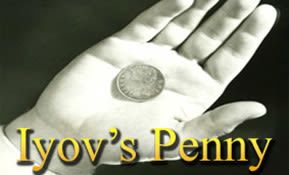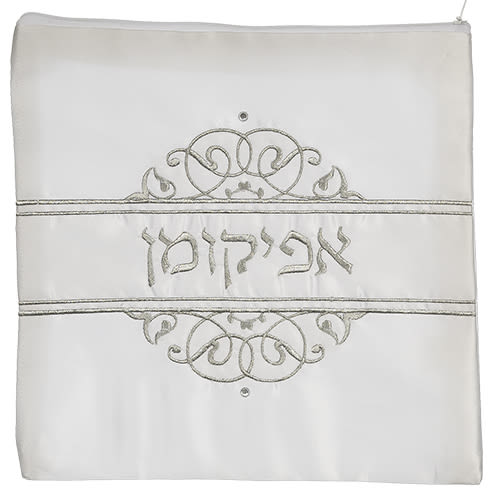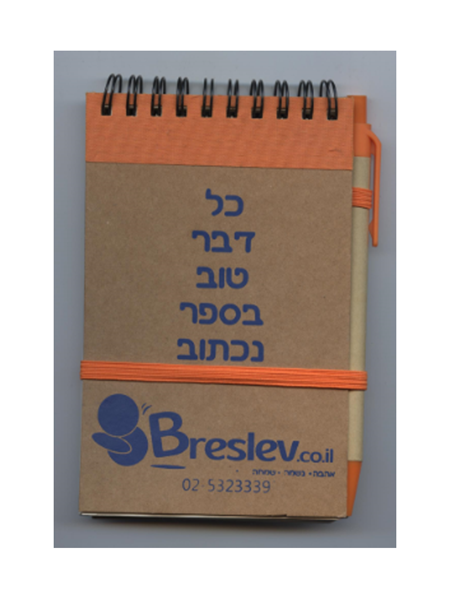
Chayei Sarah: The Dowry
“It’s not a question of trust”, replied Reb Zev. “The chosson and kallah will be living in my house. I cannot afford to support them on my own."

Parshat Chayei Sarah
“This thing comes from God…” (Bereishit 24:50)
The Baal Shem Tov was orphaned at a young age, and thus was particularly concerned with the welfare of orphaned children. A young orphaned girl was taken in by the Baal Shem Tov and raised in his home. When she became of marriageable age, the Baal Shem Tov arranged a match for her. The perspective groom was also an orphan, raised in the home of Rabbi Zev Kitses, one of the Baal Shem Tov’s closest followers.
It was then the custom for the family of the bride to provide a substantial dowry to the groom to help the young couple begin their new life together. The Baal Shem Tov had pledged 200 gulden (golden coins) to Rabbi Zev for the girl’s dowry.
On the day of the wedding, after the festivities had begun, the time for the bedeken arrived. [The bedeken is the ceremony that recalls the marriage between Yaakov Avinu (Jacob our forefather) and Rochel (Rachel). The chosson (groom) is escorted to the kallah (bride), who sits like a queen on a throne-like chair. The chosson lifts her veil and, after seeing her for the first time as his kallah, lowers the veil to cover her face. This is a very special and joyful moment.]
Just before the bedeken, Rabbi Zev approached the Baal Shem Tov and said, “Rebbe, I will not escort the chosson to the bedeken unless you pay me the two hundred gulden that you pledged for the dowry.”
“Reb Zev, do you not trust me to pay my pledge?” the Baal Shem Tov asked with a smile.
“It’s not a question of trust”, replied Reb Zev. “The chosson and kallah will be living in my house. I cannot afford to support them on my own. As it is written, ‘if there is no flour (no livelihood) there is no Torah’ [Mishnah Avoth 3:23]. I can assure you I will not change my mind.”
At that moment, as the wedding guests were assembling, Reb Leib of Kremenets arrived in a nervous and agitated state. The Baal Shem Tov sat him down and poured him a glass of wine. After a sip, Reb Leib calmed down somewhat. He explained to the Baal Shem Tov the reason for his unexpected visit.
A local community member had brought a message from the Poritz (the landlord governor). It informed Reb Leib that the Baal Shem Tov had recently signed a promissory note for a thousand gulden for the ransom of the Poritz’s prisoners. The prisoners were tenant Jews who had failed to pay the rent on their leased property to the Poritz on time, and were thus imprisoned. The Poritz now demanded to be paid in full and had sent a message to the Baal Shem Tov: “Rabbi Israel Baal Shem Tov must immediately pay me the debt in full or Rabbi Leib of Kremenets will also be thrown into prison in chains!”
The Baal Shem Tov called Alexei (his non-Jewish wagon driver): “Quickly harness the horses and prepare the wagon.” He turned to Reb Leib: “Reb Leib, take my wagon and go to the Poritz and pay him the full amount. Then, hurry back for the bedeken of the Kallah.”
Rabbi Leib was unsure with what he was going to pay the Poritz. He did not have such an amount of money, and the Baal Shem Tov did not give him any.
“Nevertheless,” he reasoned, “if the Rebbe himself is sending me on urgent mission, there must be some miracle that will occur.”
So Reb Leib set off.
When Reb Leib arrived at the Poritz’s estate, he was ushered into the Poritz’s stateroom.
“Rabbi Leib!” boomed the Poritz. ”Did you bring the thousand gulden from the Baal Shem Tov?”
Reb Leib did not know what to say, but suddenly he heard the words leave his mouth: “Of course, your Excellency.”
The Poritz smiled with satisfaction, and offered Reb Leib a seat while he went to get a drink of mead.
While the Poritz was gone, Reb Leib began to panic. What should he do now!
How would he pay the Poritz? As he sat pondering his dilemma, his eyes fell on a large cross hanging in the wall. He knew the Poritz was a religious Christian, so perhaps he could appeal to his religious character?
The Poritz returned with the mead.
"Your Excellency,” said Reb Leib, “I need to speak to you of an important matter. Your Excellency, I realize that you are a righteous and honest person and would not take one penny from another dishonestly. Now I am ready to pay you the full amount, but according to our records, the Baal Shem Tov does not owe you a thousand gulden, and if you take that money you’ll be committing robbery. I know that as a religious, God fearing man, you would never do such a thing.”
The Poritz pondered Reb Leibs’ words.
Just a few days before, the Poritz had a terrifying nightmare and had woken his wife with a scream. He had dreamed that he had passed on to the next world and was being tortured as a punishment for stealing money.
The Poritz immediately called for his records and began to search through his receipts from properties that were ransomed. Sure enough he found the promissory note from the Baal Shem Tov. The Poritz stared at the piece of paper for a few minutes, but it seemed like an hour to the nervous Reb Leib.
Suddenly the Poritz rose from his seat, walked to the fireplace and threw the note into the blazing fire.
“Rabbi Leib” he said, “It seems, that in fact, I owe the Baal Shem Tov two hundred gulden.” The Poritz counted out two hundred gold coins, placed them in a velvet bag and handed it to the astonished Reb Leib. “Rabbi, please give this to the Baal Shem Tov with my sincere apologies.”
Reb Leib began the trip back to Mezhibuzh, but stopped along the way at a friend’s inn. He sat with his friend enjoying a glass of vodka as he related the miraculous events of the day. Suddenly he remembered that the Baal Shem Tov had told him to hurry back so the bedeken of the bride could begin. He quickly downed the last of his vodka, ran out to the wagon and told Alexei to return to
Mezhibuzh as fast as he could.
In Mezhibuzh, the Baal Shem Tov awaited Reb Leib’s return. The wedding guests grew restless. A crowd had gathered around the Baal Shem Tov. Suddenly
the Baal Shem Tov rose from his chair and said, ”Look, he has stopped at an inn and is telling the whole story!”
When Reb Leib finally reached Mezhibuzh, he gave the Baal Shem Tov the bag of guldens and began to relate all the details of what happened with the Poritz.
But the Baal Shem Tov cut Reb Leib short: ”Reb Leib, I already know what happened.”
The Baal Shem Tov turned to his friend Reb Zev and handed him the bag of two hundred guldens with a bright smile and said, “Let the wedding begin.”
And so it was.
***
Tzvi Meir Cohn attended Yeshiva Hadar Hatorah in Crown Heights, Brooklyn after completing his university studies in Engineering and Law. While studying at the Yeshiva, he discovered a deep connection to the stories and teachings of the Baal Shem Tov. His many books about the Baal Shem Tov can be found in the Breslev Store. He can be contacted at howard@cohnpatents.com.










